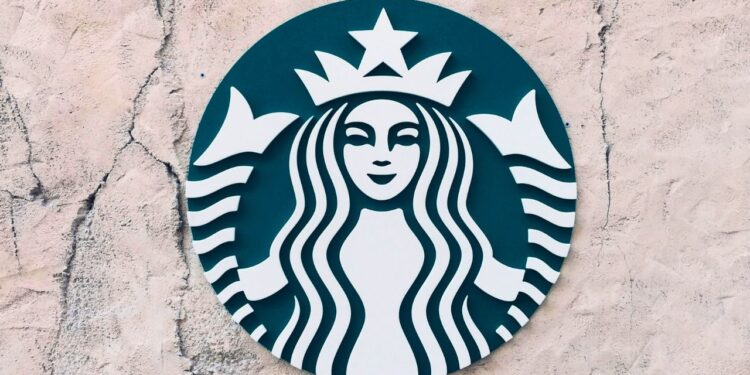In a landmark decision on Thursday, the U.S. Supreme Court ruled in favor of Starbucks in a case that could endanger the jobs of workers during union organizing campaigns by making it more difficult for the National Labor Relations Board (NLRB) to intervene.
The case originated from a 2022 labor dispute involving seven baristas from a Memphis Starbucks store who were terminated amid their efforts to unionize. The NLRB stepped in to secure a court-mandated rehiring order. Starbucks contested the decision, arguing that the firings were due to violations of company policy, not union activities.
The workers claimed the alleged rule violations were not typically enforced, according to The New York Times.
The Supreme Court’s ruling now imposes a stricter standard for obtaining temporary injunctions for job protection under the National Labor Relations Act, dismissing the NLRB’s argument that such injunctions could be issued when deemed “just and proper.” The higher standard requires the board to demonstrate “irreparable harm” if workers were not reinstated.
Implications for Labor Laws and Unionization
This decision marks a significant setback for the NLRB and labor unions, making it more challenging to secure immediate relief for workers alleging unfair labor practices that suppress labor organizing. Legal issues can take years to resolve in the courts, which can discourage others from organizing even if fired workers were to ultimately win a case.
Legal experts suggest that this ruling could embolden more companies to challenge the authority of the NLRB, potentially leading to a chilling effect on union drives during a period of heightened labor activism.
The injunctions “serve as a powerful deterrent against firing workers trying to organize,” Sharon Block, a professor at Harvard Law School and a former member of the N.L.R.B. told The New York Times. “With a stricter standard in place to win the reinstatement of fired workers, more companies may feel empowered to crack down on unionization efforts.”
This ruling underscores the importance of understanding and navigating the evolving legal landscape. While large corporations like Starbucks may find it easier to contest NLRB decisions, smaller businesses must remain vigilant about compliance with labor laws to avoid costly legal battles.
Christopher Foster, an attorney representing employers on labor matters, highlighted the strategic shift this ruling might prompt among businesses. “The perspective of a lot of employers is that there’s been novel changes in the law. And I think this [case] vindicates the strategy of going to the courts and not accepting the NLRB’s decision in any given matter.”
The ruling is the second court decision in as many days that sided in favor of companies that had fired workers during unionizing campaigns.
















